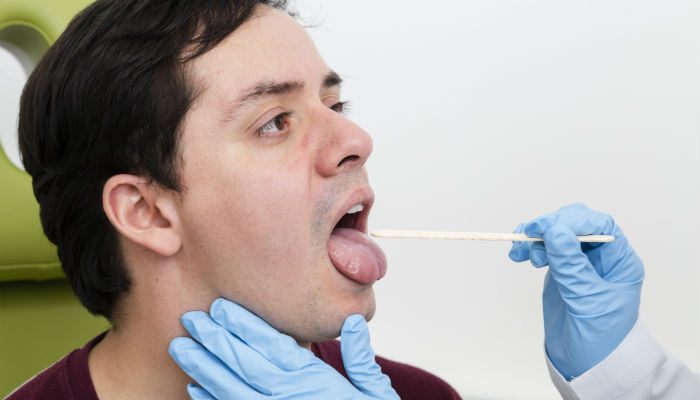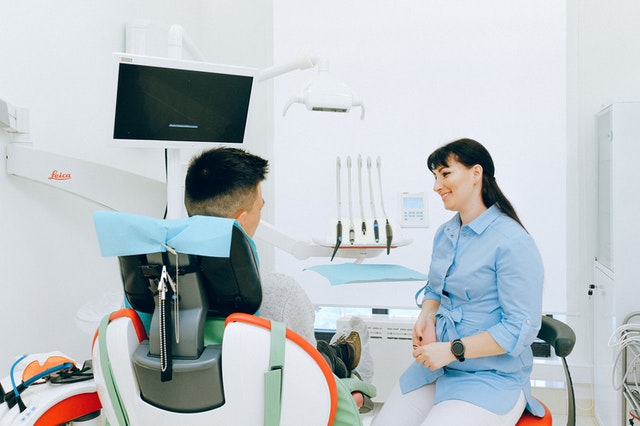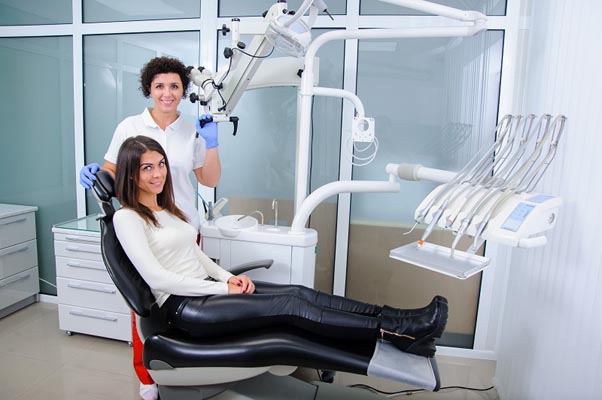
The tongue is the strongest and functional muscle in our mouth. It is made from a group of muscle fibers attached to the floor of the mouth.
Additionally, the tongue consists of small raised bumps that are called papillae. Most of the papillae contain taste buds that allow us to taste different types of flavors.
Typically, a healthy tongue appears pink in color with a shiny white coat of moisture on the surface.
The tongue is an excellent measure of the well-being of our body. This is the reason why all medical professionals often examine your tongue to look for abnormal signs.
Several conditions can affect the tongue and change its color or appearance. One among such states is a black tongue.
As alarming as it may sound, black tongue usually doesn’t signify a serious threat to your health. It merely can be a sign of some temporary oral condition.
Often the black tongue gives a furry or hairy appearance. The fluffy appearance is due to elongated papillae stained by bacteria or other substances.
Today’s article will highlight the reasons that cause the formation of a black tongue. Furthermore, we will also look at some of the treatment options to heal your tongue.
What are the characteristics of a healthy tongue?
What are the characteristics of a healthy tongue?
Typically, a healthy tongue is often coral pink in color. It consists of small raised bumps called papillae on the sides and the surface. A shiny whitish coat of moisture usually covers a healthy tongue.
Clinically, the bumps on the surface of the tongue are called papillae. The adult papillae may contain around 9000 taste buds. These taste buds enable us to distinguish between several flavors like sweet, sour, bitter, and salty. (1)
The prime functions of the tongue include –
- Aids in speaking
- Helps to swallow and chew food properly
- Helps to keep the teeth clean
- Provides a wide variety of taste sensations
What is a black tongue?
As the name suggests, the black tongue is characterized by a black coating on the surface of the tongue. A black tongue is a rare oral condition that forms due to the continuous build-up of dead skin cells.
The papillae grow and lengthen in size, which entraps the bacteria and accumulates more amount of plaque and dead cells. Some food substances like coffee, tea, and tobacco further stain the surface of the tongue, giving it a black color. (2)
Although the black hairy tongue is a significant finding in some retroviral infections, in most cases, it does not co-relate to any health disorder.
What are the prime factors that cause black tongue?
As discussed earlier, the black tongue is caused by the accumulation of dead skin cells and bacteria. Several oral factors aid in the formation of a black tongue.
Some of the common factors that may cause black tongue are as follows:
- Medications – some drugs can cause dry mouth as a side effect. Having a dry mouth allows the skin cells to accumulate on the papillae, which may lead to the formation of the black tongue. Additionally, gastrointestinal medications often contain bismuth subsalicylate, which reacts with the volatile sulfur compounds in the mouth and causes black tongue. (3)
- Poor oral hygiene – it is evident that poor oral health hosts a pool of dead skin cells and bacteria in the mouth. These substances settle in on the surface of the tongue and get entrapped between the papillae causing black tongue.
- Dry mouth – saliva is the critical factor in our mouth that flushes away the bacteria and food debris from the tooth surface and keeps the mouth clean. Decreased secretion of saliva in the mouth causes dryness, which harbors the bacteria and dead cells.
- Liquid diet – solid food often scrape the dead skin cells from the surface of the tongue. People on a liquid diet may experience more accumulation of dead cells.
What are the contributing factors for black tongue?
Entrapped bacteria and dead cells tend to get stained by food and beverages or other oral substances consumed by the person. This event gives the tongue a dark appearance.
Some of the contributing factors for black tongue may include:
- Consumption of tea/coffee – like any other dental tissue, tea, and coffee easily stain the surface and gives a brownish or black appearance.
- Antibiotics – antibiotics destroy both the good and bad bacteria in the mouth. Often this situation creates an imbalance of bacteria in the mouth, which gives rise to yeast and fungi to thrive on the oral tissues. Yeast and fungi often change the color of the tongue to black. (4)
- Prolonged use of mouthwash – some mouthwashes that contain oxidizing agents like hydrogen peroxide may affect the bacterial balance in the mouth. The consequences are similar to those of antibiotics.
- Tobacco use – smoking or chewing tobacco excessively stains the teeth and tongue, giving it a blackened appearance
What is the Treatment for black tongue?
Usually, the black tongue doesn’t require any professional treatment. Simple home care efforts can help to bring back the standard tongue color.
Meanwhile, check your medications and consult your doctor to use alternatives that may not stain the tongue. Moreover, the doctor may also adjust the dosage of antibiotics or antifungal medications to allow proper oral health.
Elongated papillae that fail to recover back to their standard size may be treated professionally by carbon dioxide laser or electro-desiccation. These procedures cut and seal the papillae, thereby restoring their health.
Some of the home dental care routine steps that you can follow are:
- Brush your tongue gently with a soft-bristled toothbrush for at least two times a day. This will help to remove the dead skin cells and bacteria.
- A tongue scraper is an essential tool which helps to get rid of the dead cells, bacteria, and food debris that settle on the surface of the tongue. (5)
- Make a habit of brushing your teeth and tongue after every meal if possible. Especially after drinking tea or coffee. If brushing is not feasible, rinse your mouth with water.
- Professional dental cleaning is a great way to maintain good oral hygiene. Follow up your regular dental check-ups to keep a check on your oral condition
- Keep your mouth hydrated by drinking plenty of water. Drinking water also helps to flush away the accumulated bacteria from the tongue surface
- Eat healthy fruits and vegetables and avoid sugary food or food rich in carbohydrate. This will help you to maintain a healthy balance of bacteria in the mouth.
Take away message
Often the signs of the black tongue may seem alarming to you. However, having a black tongue is just a sign of poor oral hygiene.
A black tongue is a reversible condition that can be prevented by an easy oral health care routine.
A black tongue is usually caused by the accumulation of dead skin cells and bacteria on the surface of the tongue. Poor oral hygiene is the main factor that causes black tongue.
Another consequence of black tongue is enlargement of the papillae. Elongated papillae entrap the bacteria and give a hairy or furry appearance to the tongue.
Some contributing factors of the black tongue may include eating habits, medications, use of wrong mouthwash, use of tobacco, and dry mouth.
A black tongue is a harmless and temporary oral condition. You can consult your dentist to know more about this oral condition and ways to keep your oral health under control.




